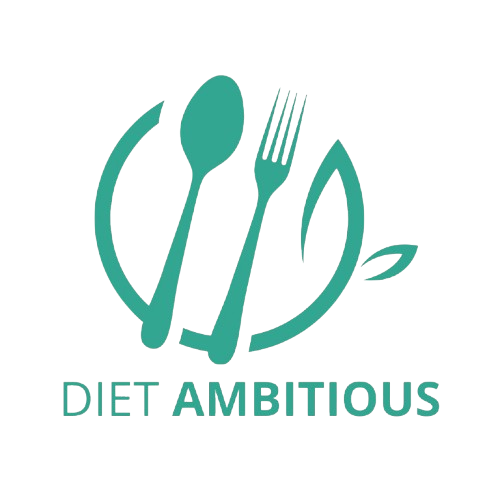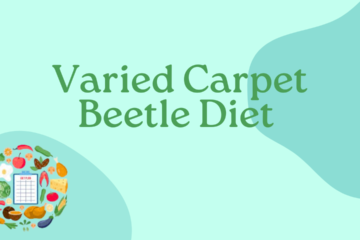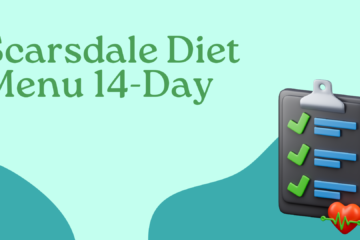The Dr. Sebi Alkaline Diet has gained popularity as a natural way to support the body’s healing processes and maintain optimal health. Rooted in the idea that disease thrives in an acidic environment, this plant-based approach encourages eating only electric, alkaline foods to help balance the body’s pH and detoxify naturally.
If you’re curious about following the Dr. Sebi diet or just want a clear, easy-to-follow list of foods, you’re in the right place! Let’s walk through what you can and can’t eat on the Dr. Sebi alkaline diet.
Table of Contents
What Is the Dr. Sebi Alkaline Diet?
Dr. Sebi, a Honduran herbalist and healer, believed that natural, unprocessed, plant-based foods—specifically those that are alkaline—are the key to preventing and reversing disease. The foundation of his diet is avoiding acidic foods, artificial ingredients, and hybrids, while sticking to his “nutritional guide” of electric foods that work in harmony with the body.
This diet is vegan, soy-free, gluten-free, and free of processed sugar.
Dr. Sebi Alkaline Diet Approved Food List
Here’s a breakdown of the main categories and foods that Dr. Sebi considered safe and beneficial.
Fruits
- Apples
- Bananas (burro and baby bananas only)
- Berries (all except cranberries)
- Cantaloupe
- Cherries
- Dates
- Figs
- Grapes (seeded)
- Limes (key limes with seeds)
- Mango
- Melons
- Orange (Seville or sour preferred)
- Papaya
- Peaches
- Pears
- Plums
- Prickly pear (cactus fruit)
- Soursop
- Tamarind
- Watermelon (seeded)
Vegetables
- Amaranth greens
- Avocados
- Bell peppers
- Cactus (nopales)
- Cucumber
- Dandelion greens
- Kale
- Lettuce (all except iceberg)
- Mushrooms (except portobello and button)
- Okra
- Olives
- Onions
- Purslane (verdolaga)
- Sea vegetables (dulse, nori, wakame, Irish moss)
- Squash (all varieties)
- Tomato (cherry and plum only)
- Turnip greens
- Zucchini
Grains
- Amaranth
- Fonio
- Kamut
- Quinoa
- Rye (rye flour is often recommended)
- Spelt
- Teff
- Wild rice (not regular rice)
Nuts & Seeds
- Hemp seeds
- Raw sesame seeds
- Raw walnuts
- Brazil nuts (limited quantities)
Note: No peanuts, cashews, or almonds—they’re considered hybrids or too acidic.
Oils
- Olive oil (extra virgin, cold-pressed)
- Coconut oil
- Grapeseed oil
- Avocado oil
- Hempseed oil
- Sesame oil
Herbal Teas
- Burdock root
- Chamomile
- Elderberry
- Ginger
- Red raspberry
- Dandelion root
- Linden flower
- Sarsaparilla
Sweeteners
- 100% pure agave syrup (from cactus)
- Date sugar
Dr. Sebi strongly advised against refined sugars and artificial sweeteners.
Foods to Avoid
These are not approved under the Dr. Sebi alkaline guidelines:
- Animal products (meat, dairy, eggs)
- Processed foods
- White flour and white rice
- GMO foods
- Soy and soy-based products
- Corn and corn products
- Hybrid fruits and vegetables (like seedless grapes, carrots)
- Yeast and baking powder
- Caffeine and alcohol
Why Follow the Dr. Sebi Alkaline Diet?
Supporters of this diet say it helps:
- Detoxify the body
- Restore internal pH balance
- Improve digestion and gut health
- Increase energy levels
- Lower inflammation
- Prevent chronic disease
Many people also turn to this way of eating for weight loss, skin clarity, and even mental clarity.
Tips for Getting Started
- Start gradually by replacing acidic foods with alkaline ones.
- Focus on whole, unprocessed ingredients.
- Drink plenty of spring water (Dr. Sebi emphasized natural spring water).
- Avoid processed seasonings—stick to herbs and sea salt.
Final Thoughts
The Dr. Sebi alkaline diet is a plant-powered lifestyle that encourages natural healing and well-being by staying close to nature and eating foods that truly nourish the body. While it may take some adjustment, especially if you’re used to a standard Western diet, the benefits can be powerful.
Whether you’re going all in or just adding more alkaline foods to your meals, this guide is a great starting point for cleaner, more vibrant eating.




